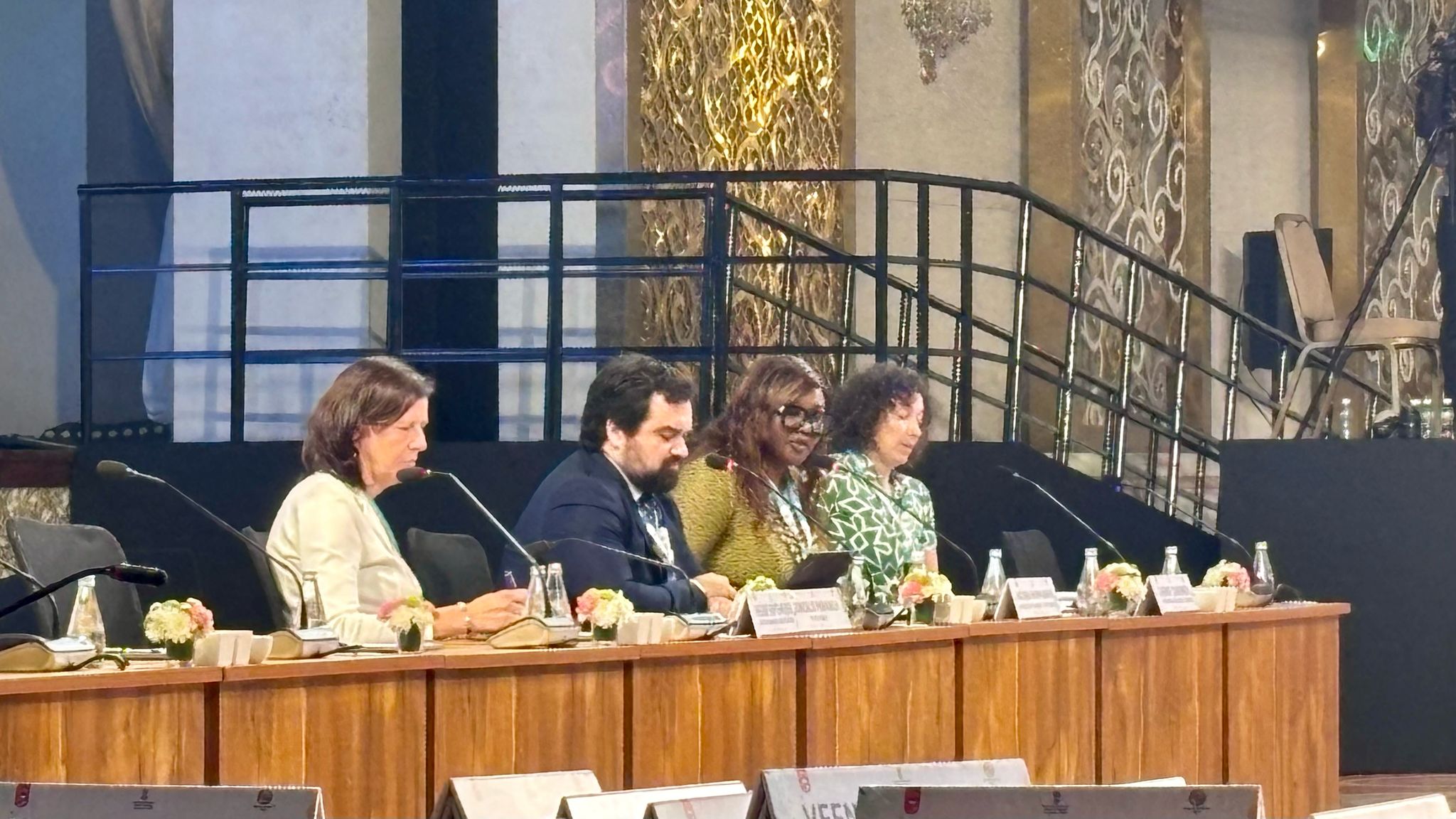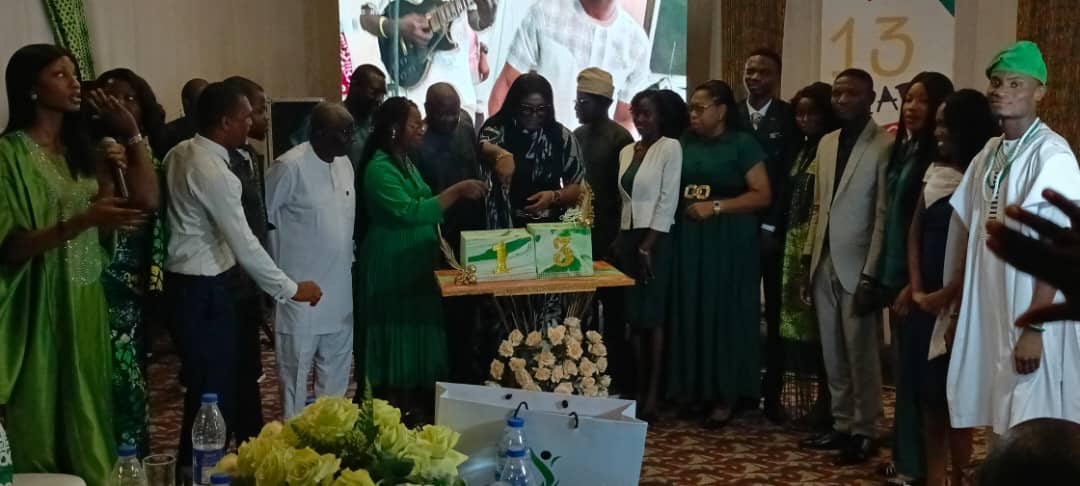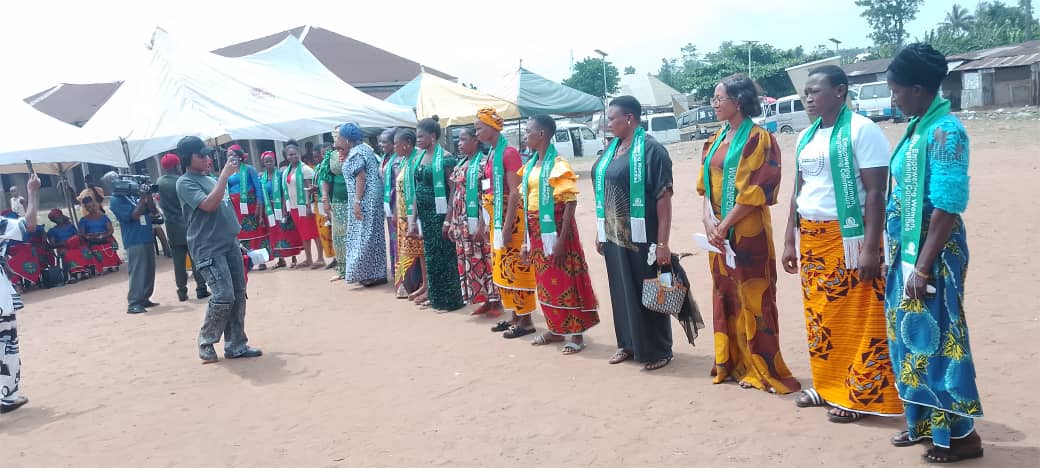Between July 24-27, 2011, human rights researcher and community engagement specialist, Victoria Ibezim-Ohaeri embarked on a four day fact-finding mission to Maiduguri, Borno State in order to gain first-hand knowledge of the root of the instability plaguing the State, and document the social, economic and human rights abuses arising from the Boko Haram insurgency in particular. The mission forms part of a broader organizational strategy to gather and present useful information that can aid intelligence gathering and robust decision-making relating to a more effective security provisioning and human rights protection in Nigeria.
The rising spate of insecurity and killings in Borno State has destroyed lives, businesses, deterred future investments, and frustrated important gains made in the realization of specific social and economic rights, especially the rights to housing, education, health, work and food in particular. The Joint Task Force (JTF) constituted by the Federal Government of Nigeria in June 2011 to ‘restore order” in Maiduguri has also perpetrated massive human rights violations, by particularly launching direct attacks on civilians as prohibited under national and international law.
In this video recorded on Monday July 25, 2011, she visited Budum community located near the palace of the Shehu of Borno in Maiduguri where a major bomb blast had occurred about 4 p.m. on Saturday, July 23, 2011 and wounded three soldiers. In response to the attack, JTF personnel set shops numbering over 42 ablaze and shot directly at shop owners and residents while they were fleeing the scene of the blasts.
Alhaji Maina Kaigama, 35, informed that soldiers conducted a house-to-house search, forcing men suspected to be above 18 years out of their homes before shooting them. Six cars with registration numbers AA495 JRE, AA126KDQ, AM96AMG, AA415NGL, DA314FST, AE437 DKW were allegedly vandalized and burnt by the soldiers.
Although the Joint Task Force (JTF) authorities vehemently denied the arson and killings, the mission identified and visited the homes of one wounded victim and four persons allegedly killed by JTF soldiers: Late Mallam Goni Tijani,(55), Late Babakura Zakariya (18), Late Idris M, and the woman in whose shop the improvised explosive device (IED) was planted. In this video, Victoria Ohaeri joined the family, relatives and friends of Late Mallam Goni Tijani at a fidau (funeral) prayer held on Monday, July 25, 2011 in Budum, Maiduguri. She learned that soldiers invaded the home of Late Mallam Goni Tijani and could see the walls of his home riddled with bullets. They forced him out of his room and shot him to death right in front of his family members and children most of whom are below the age of six. His two shops were burnt leaving his two wives and 11 children with nothing to depend on.
Mohammed Zakariya, 20, and Mustapha Imam, elder brother and close friend of Late Babakura Zakariya who witnessed the shooting of Babakaru Zakariya wept uncontrollably as they shared the account of his brutal murder by JTF soldiers. The deceased’s aged father tearfully told her how JTF soldiers dragged the deceased out of his mother’s room onto the streets. He knelt down, and pleaded with the soldiers to spare his life. He died on the spot after he was shot on the head, chest and waist by the soldiers. Severely wounded Baba Sani Mohammed, shop owner at Budum Market is receiving treatment in his home following a life-threatening gunshot injury said to have been inflicted on him by JTF soldiers while he was fleeing from the burning market.
With its personnel increasingly accused of human rights violations and involvement in criminal activities such as arson, rape and brutal killings, the JTF is struggling with image problems and there are increasing calls for its withdrawal. In all the sub-urban communities: Gomari, London Chiki, Kaleri, Budum visited, residents unanimously clamored for the soldiers to return to their barracks.





















